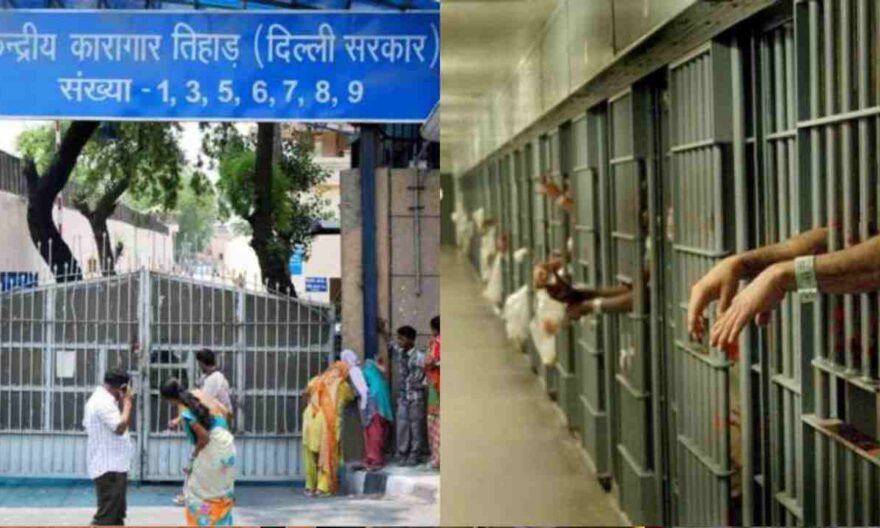
The Delhi High Court, on Tuesday, constituted a fact-finding committee to assess the existing state of basic amenities such as drinking water, sanitation, overall hygiene, and washroom/toilet maintenance within the premises of Tihar Jail.
The bench comprising of Justice Satish Chander Sharma and Justice Sanjeev Narula in an order passed last week stated, “We deem it necessary to authorize an independent committee for a meticulous inspection of Tihar Jail.”
Bench stated, “To this end, we establish a Fact-Finding Committee consisting of Dr Amit George, Santosh Kumar Tripathi, Nandita Rao and Tushar Sannu. Their mandate is to impartially evaluate the present conditions and update us on the status of drinking water, sanitation, overall hygiene, and the maintenance of washrooms/toilets within the complex.”
Additionally, the court directed the Director General (Prison) of Tihar Jail to facilitate the Committee’s work by providing all necessary resources and assistance to ensure a comprehensive assessment of the jail premises.
The court issued these directives during the hearing of a PIL initiated by the Delhi High Court Legal Services Committee (DHCLSC), addressing concerns about the provision of clean drinking water and maintenance of hygienic-sanitary conditions within the Tihar Jail Complex.
The Court acknowledged that Dr. Amit George, representing DHCLSC, submitted that they had been inundated with complaints from inmates of Tihar Jail, who reported a severe lack of basic necessities such as clean drinking water and proper sanitation facilities. Echoing these concerns, he asserted that there had been no discernible improvement in the living conditions within the premises of Tihar Jail.
The report and accompanying photographs clearly reveal that inmates are bereft of essential amenities, including safe drinking water and functional toilets.
Rule No. 425 of the Delhi Prison Rules, 2018, mandates that every inmate should have uninterrupted access to fresh drinking water at all times. These regulations not only stress the importance of providing inmates with clean water but also emphasize the necessity of maintaining a well-functioning sanitation system and washroom facilities, noted the court.”




